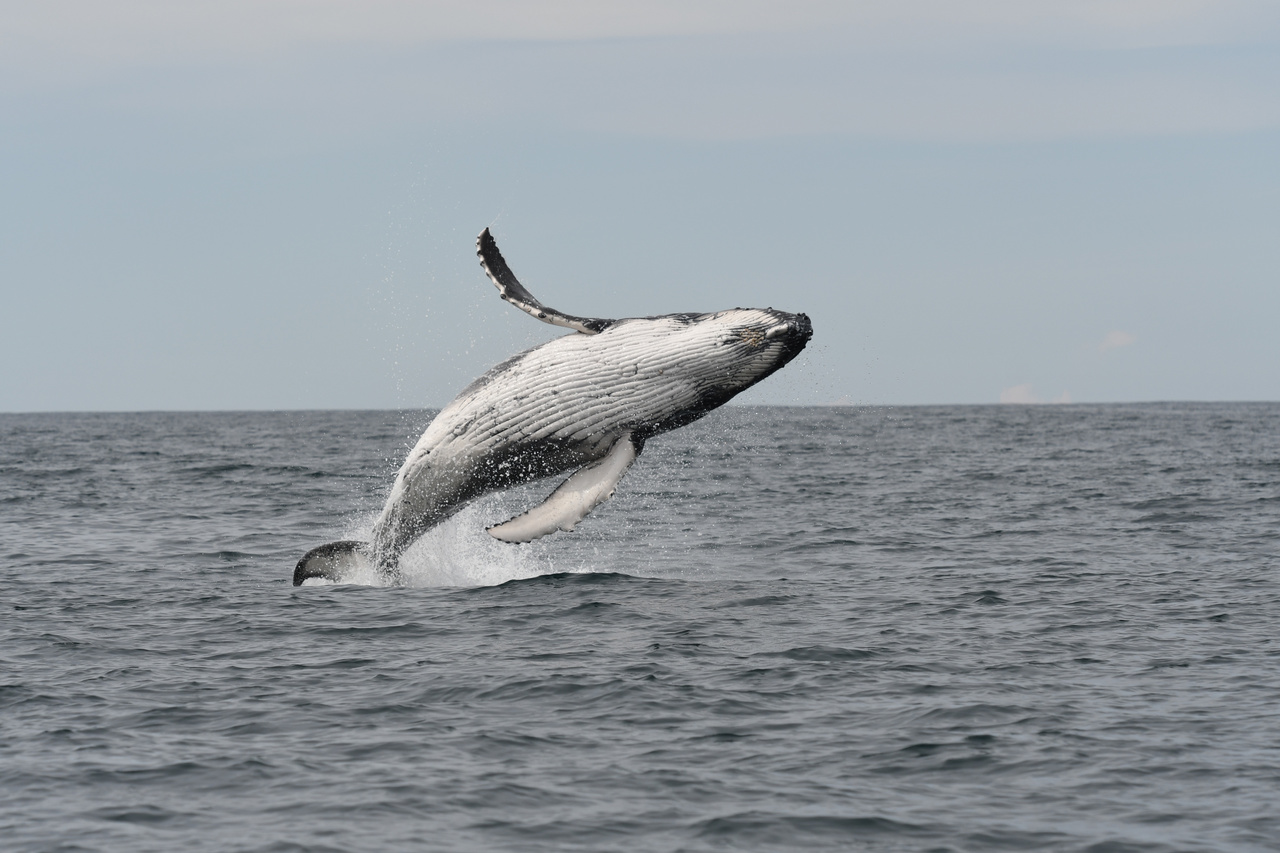Highly migratory marine vertebrates were the focus of a workshop at the recent OceanObs19 attended by staff from the IMOS Animal Tracking Facility.
Rob Harcourt (IMOS), Clive McMahon (IMOS), Ana Sequeira (University of Western Australia), Michelle Heupel (IMOS), Dan Costa (University of California Santa Cruz), and Mike Wiese (Office of Naval Research) organised a Marine Megafauna Task Team Workshop at OceanObs’19. The workshop focused on the relevance of tracking data of marine megafauna, highly migratory marine vertebrates, as an ocean-observing tool for the decade 2019-2029.
The group led by Rob Harcourt (Macquarie University, IMOS Animal Tracking Facility Leader) and Ana Sequeira (University of Western Australia) established two overlapping Steering Committees to work towards standardized tracking data:
(1) to understand the distribution, movement, behaviour of marine megafauna, and be able to compare across regions and taxa; and
(2) to provide associated environmental data that puts the animal movement information into its oceanographic context and contributes to global ocean observing.
One steering committee, the Global Ocean Observing System- Animal Research and Tracking Initiative will focus on observations collected to support the Essential Ocean Variables/ Essential Biodiversity Variables defined by the GOOS Bio-Eco Panel, and will be chaired by Rob Harcourt.
The second steering committee will focus on supporting the application of oceanographic data collected by marine animals as an emerging network of the Observations Coordination Group of the Joint Technical Commission for Oceanography and Marine Meteorology (JCOMM)/JCOMMOPS and will be chaired by Clive McMahon. This committee is holding a workshop in Hobart November 19-21.
“The work of both of the steering committees will ensure data from animal tracking efforts will be used more broadly in ocean observing, and ultimately integrated into oceanographic models, making animal tracking data more relevant to global ocean observing efforts,” says Dr Michelle Heupel, IMOS Director.
